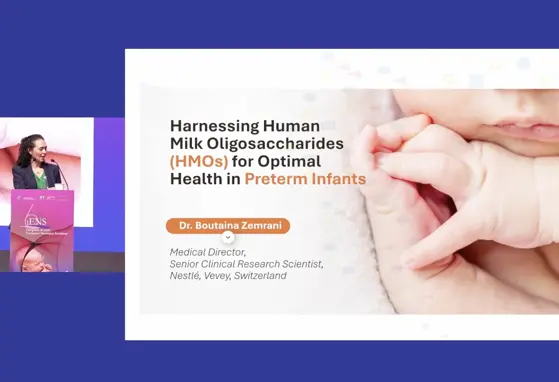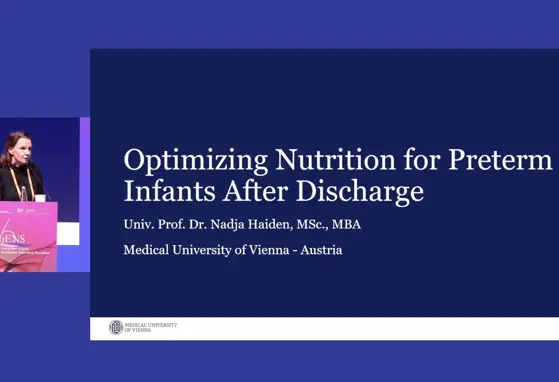Nutrition strategies to prevent adverse short term outcomes in preterm neonates
With the survival of preterm neonates at earlier gestational ages, comorbidities related to parenteral nutrition have become more prevalent. Research has focused on identifying strategies to mitigate these conditions, many of which share overlapping disease mechanisms. Nutrition plays a crucial role in preventing these conditions, with recent studies highlighting the importance of optimizing nutrients like amino acids, lipids, and Vitamins A, D, and E. However, further research is needed to determine the ideal ranges of macronutrients, vitamins, and minerals for preterm neonates, considering varying gestational ages and high-risk populations. Ongoing assessment and tailored interventions are essential to address the long-lasting effects these conditions have on preterm infants.
If you liked this post you may also like

Post-Discharge Nutrition in Preterm Infants: Balancing Growth and Long-Term Health

Harnessing HMOs for Optimal Health in Preterm Infants

Optimizing Nutrition for Preterm Infants After Discharge

Nutrition for infants with bronchopulmonary dysplasia: can individualised nutrition be the answer?